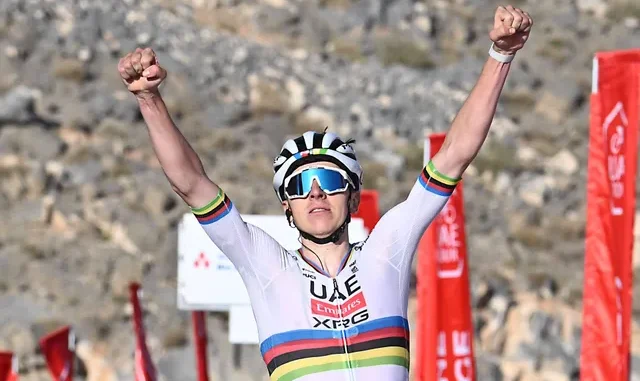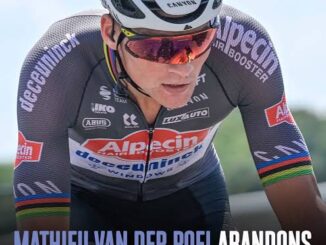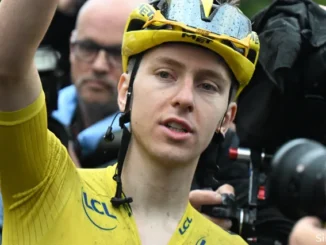
Professional cycling has undergone a significant transformation over the past two decades, with modern riders adopting entirely new training techniques and nutritional approaches. Unlike in the past, today’s top cyclists remain at peak performance throughout the year—a stark contrast to the era of Lance Armstrong, as noted by Johan Bruyneel.
“In Lance’s time, we weren’t concerned with the overall standings at races like the Volta ao Algarve or other early-season stage races,” Bruyneel shared on The Move’ podcast. “If you won those, it usually meant you peaked too early. I’m not convinced this new approach is the best, but Pogacar is an exception he can do anything.”
This past week, Tadej Pogacar comfortably dominated the UAE Tour, while Jonas Vingegaard, though facing tougher competition, emerged victorious at the Volta ao Algarve after a strong performance in the time trial. With both riders being top contenders for the Tour de France, their early-season wins signal the first statement of intent.
However, their paths from here differ significantly. Vingegaard will compete in Paris-Nice and the Volta a Catalunya, following a more traditional stage-race preparation. Meanwhile, Pogacar, the reigning World Champion, will focus solely on one-day races throughout the spring before returning to stage racing at the Critérium du Dauphiné in June.
Bruyneel finds this approach unconventional. “Pogacar’s main goal remains the Tour, but I find it very strange that he won’t be riding another stage race until June,” he said. “Traditionally, stage races are key to preparing the body for a grueling event like the Tour. They help riders adapt to the daily intensity and improve recovery. Apparently, that’s no longer essential in modern cycling.”
Despite these differences in preparation, both Pogacar and Vingegaard have previously shown they can reach peak form even without an ideal buildup to the Tour. Bruyneel also observed that Pogacar faced little real challenge during the UAE Tour, suggesting he might have had tougher days in training than in the actual race.
“Pogacar went all out in the time trial and on the final climb of the UAE Tour. But if you look at the other stages, he probably experiences more difficulty during a training camp than he did in those races,” Bruyneel noted. “Altitude training camps have become a great alternative to stage races in modern cycling.”
These camps replicate race conditions without external race-day variables, though Bruyneel acknowledges the mental challenges they pose. “Training camps simulate race scenarios, but you don’t have to deal with unpredictable external factors like you do in actual competition. That must be incredibly tough mentally,” he concluded.



Be the first to comment